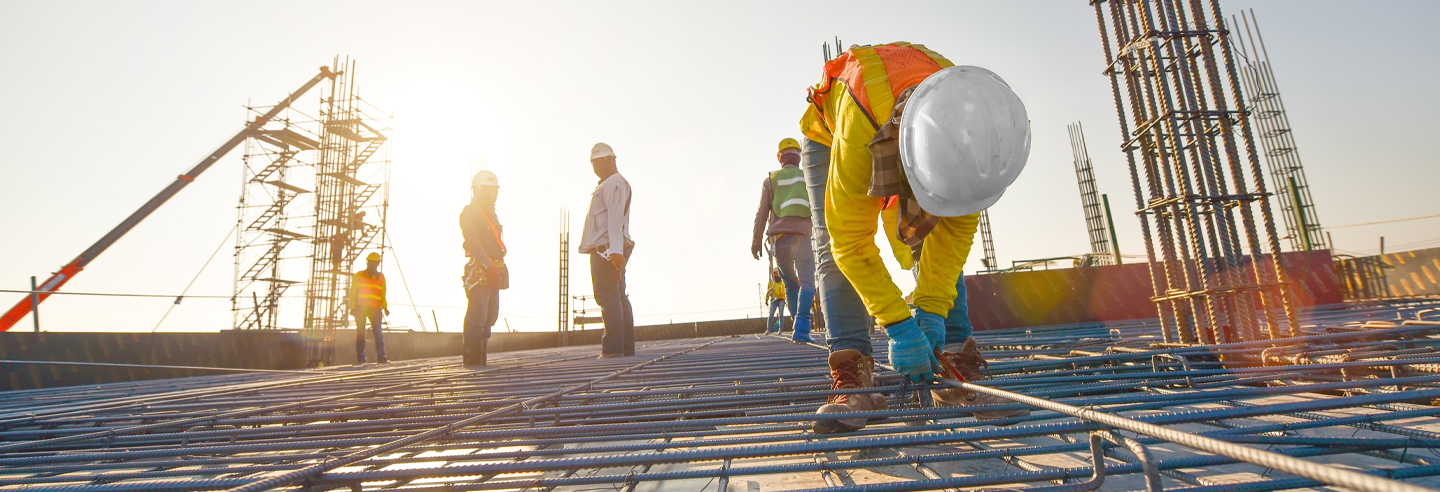
A successful and safe building or remodeling project requires the right structural engineer. A trained structural engineer can make all the difference when building a new home, renovating an old one, or developing a huge commercial space. This article will help you choose the correct specialist for your needs.
What a Structural Engineer Does
Understanding what a structural engineer does is crucial before selecting one. Structural engineers ensure that buildings and other structures can endure loads and forces over time. This includes:
- Analysis and design of structures
- Existing structure stability assessment
- Solving structural issues
- Following building codes and requirements
- Working with architects and other construction professionals
Important Considerations
Consider these variables when hiring a structural engineer in Cheltenham:
- Qualifications and Licensing: Make sure the engineer is licensed and educated. Seek professional certificates from reputable organizations.
- Experience: Find an engineer with similar project experience. Match the engineer’s expertise to your structure.
- Check the engineer’s reputation by reading reviews, requesting references, and verifying with professional organizations.
- Communication Skills: Choose an engineer who can simplify technical topics. The success of a project depends on effective communication.
- Availability and Response: Ensure the engineer can work on your project and answer your questions.
- Technical Expertise: Find an expert who uses the newest structural engineering methods.
- Insurance: Make sure the engineer has professional liability insurance to cover errors and omissions.
How to Choose a Structural Engineer
- Determine Project Scope: Specify your project’s budget, timeframe, and structural needs.
- Look for Candidates: Create a list of engineers using web directories, professional affiliations, and architect or contractor recommendations.
- Portfolios: Assess engineers’ experience in your framework by reviewing their former projects.
- Interview multiple engineers to discuss your project, ask questions, and evaluate their communication and professionalism.
- Check References: Ask former clients about the engineer’s work.
- Compared Proposals: Your best applicants should provide complete proposals with scope, schedule, and fees.
- Consider Value, Not Cost: Budget matters, but knowledge and quality matter more.
- Compatibility: You’ll be working closely with the engineer, so choose someone you like.
Watch Out for Red Flags: Engineers Who:
- Building authority approval guaranteed
- Estimate meager costs
- Insufficient licensing or insurance
- Not willing to provide references
- Lack of interest in your project requirements
The Value of Local Knowledge
Selecting a structural engineer in Cornwall who knows local construction codes, soil conditions, and climate can be beneficial. Local engineers have good contacts with regulators and contractors, which speeds up projects.
Working with Other Professionals
Remember that structural engineers work in teams. Consider how well the engineer works with architects, contractors, and other project experts.
Conclusion
Making the best decision requires striking a balance between professional qualities, technical know-how, and a thorough comprehension of the particular requirements of your project. For the majority of structural engineers, every element—from their reputation and experience to their technical knowledge and budgetary compliance—is crucial to the outcome of your engineering project.
Trust your instincts after careful thought and investigation. Choose the structural engineer who exhibits the ideal blend of knowledge, effective communication, and comprehension of the particular needs of your project.

